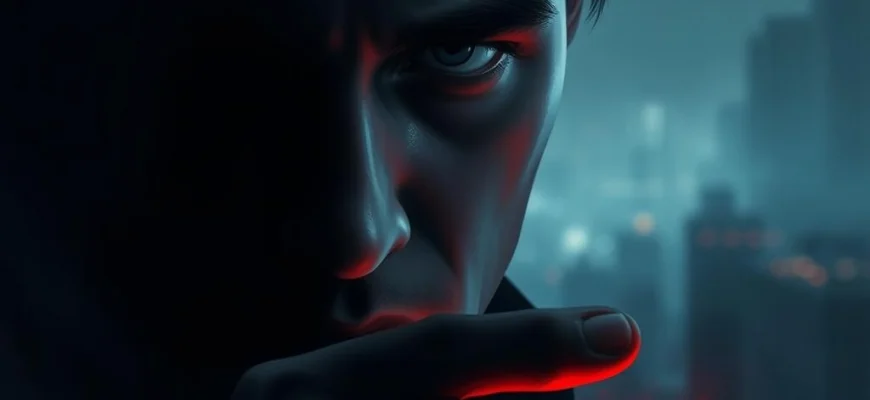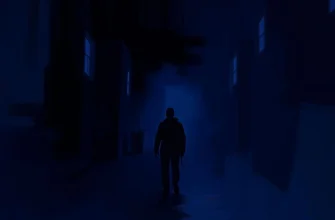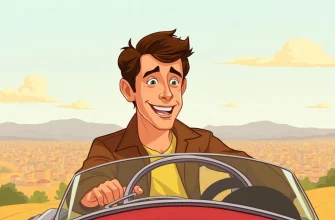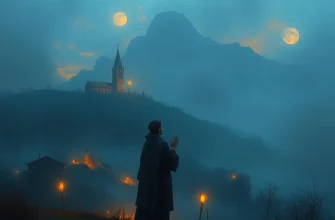Si vous avez aimé 'Le 7ème mensonge' (2005), ce thriller psychologique captivant, vous adorerez ces 10 films et séries similaires. Découvrez des histoires tout aussi envoûtantes, pleines de mystère et de suspense, qui vous tiendront en haleine jusqu'au bout.
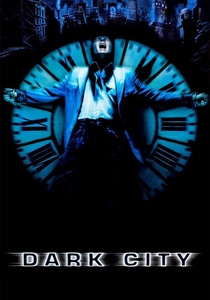
Dark City (1998)
Description: A noir-inspired tale where the protagonist discovers that his memories are fabricated and his city is controlled by mysterious beings. The atmospheric tension and themes of manipulated reality are key similarities.
Fait: The film was released the same year as The Matrix but initially struggled at the box office. It has since gained a cult following.
 Regarder
Regarder
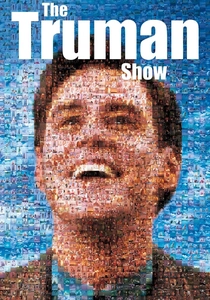
The Truman Show (1998)
Description: Explores themes of reality versus illusion, where the protagonist gradually discovers that his entire life is a constructed reality. The psychological tension and existential questioning align closely with the reference.
Fait: The film was inspired by an episode of The Twilight Zone. Jim Carrey's performance was initially met with skepticism due to his comedic background.
 Regarder
Regarder
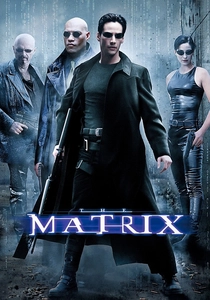
The Matrix (1999)
Description: A cornerstone of the 'simulated reality' genre, where the protagonist awakens to the truth that his world is a digital construct. The philosophical undertones and action-packed revelation of truth mirror the reference.
Fait: The film's iconic bullet-dodging scene required a special camera rig that could rotate around the actors. It won four Academy Awards.
 Regarder
Regarder
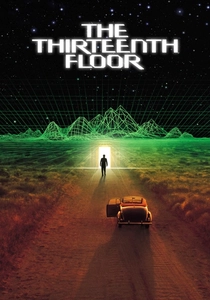
The Thirteenth Floor (1999)
Description: Centers on a virtual reality simulation where characters uncover layers of deception about their existence. The narrative's focus on layered realities and identity crises aligns well with the reference.
Fait: The film is based on the novel 'Simulacron-3' by Daniel F. Galouye. It was overshadowed by The Matrix's release the same year.
 Regarder
Regarder
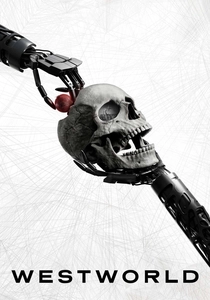
Westworld (2016)
Description: Delves into artificial consciousness and the blurring lines between human and artificial beings. The series questions the nature of free will and reality, much like the reference.
Fait: The show is based on the 1973 film of the same name. It was one of the first major TV series to use virtual reality in its storytelling.
 Regarder
Regarder
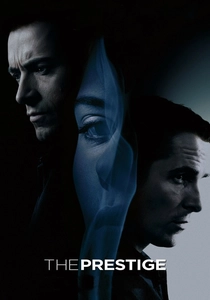
The Prestige (2006)
Description: A tale of rivalry and deception among magicians, where nothing is as it seems. The film's focus on illusion, sacrifice, and hidden truths parallels the reference's themes.
Fait: The film's nonlinear narrative was inspired by the structure of a magic trick. It features a twist that recontextualizes the entire story.
 Regarder
Regarder
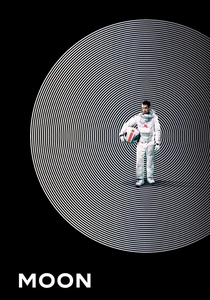
Moon (2009)
Description: A solitary worker on a lunar base uncovers unsettling truths about his existence. The psychological isolation and revelation of hidden realities mirror the reference's tone.
Fait: The film was made on a modest budget but received critical acclaim for its storytelling. The director, Duncan Jones, is the son of musician David Bowie.
 Regarder
Regarder
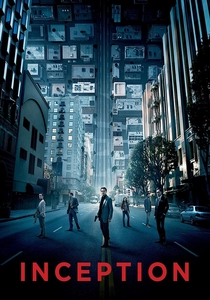
Inception (2010)
Description: Explores the manipulation of dreams and the blurring of reality within nested layers of consciousness. The intricate plot and psychological depth resonate with the reference's themes.
Fait: The spinning top at the end of the film was intentionally left ambiguous to spark debate. The film won four Academy Awards, including Best Visual Effects.
 Regarder
Regarder
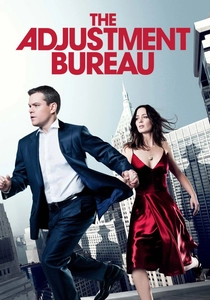
The Adjustment Bureau (2011)
Description: Follows a man who discovers that his life is being controlled by a secret organization. The tension between free will and predestination echoes the reference's existential dilemmas.
Fait: The film is loosely based on a short story by Philip K. Dick. The iconic hats worn by the agents were inspired by 1960s fashion.
 Regarder
Regarder
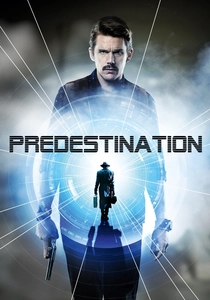
Predestination (2014)
Description: A time-travel paradox story where identity and reality are constantly questioned. The mind-bending narrative and themes of self-discovery align closely with the reference.
Fait: The film is based on Robert A. Heinlein's short story 'All You Zombies.' It features one of the most complex temporal loops in cinema.
 Regarder
Regarder

